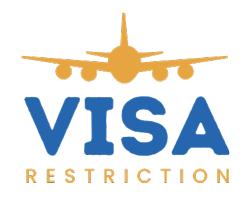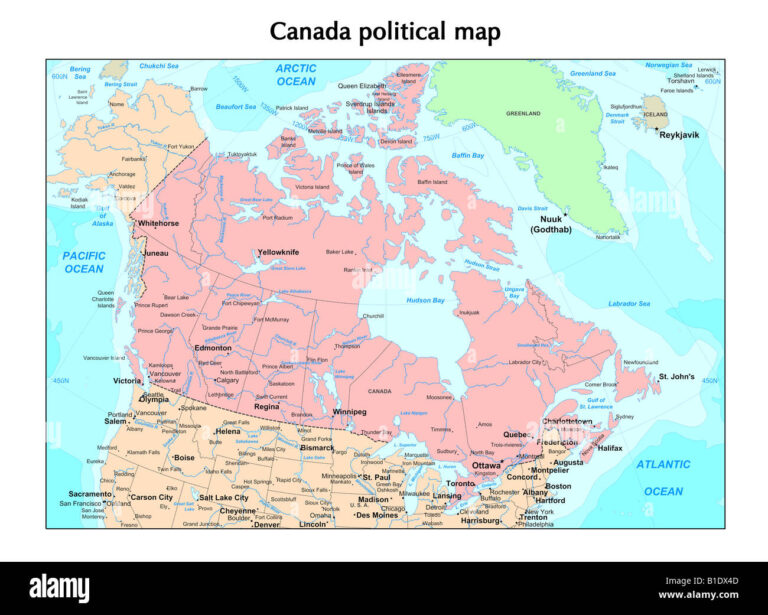Essential Tourist Lexicon: Exploring Tourism Industry Terms for You
Essential Terms in Tourism
Hotel Occupancy Rates
Hotel occupancy rates are a crucial metric in the hospitality industry. They represent the percentage of rooms that are occupied by guests compared to the total number of rooms available. Higher occupancy rates indicate better financial health for the hotel, translating to increased revenue and profitability. Factors affecting occupancy rates include seasonality, pricing strategies, and market trends.
For example:
| Total Rooms | Occupied Rooms | Occupancy Rate |
|---|---|---|
| 50 | 50 | 100% |
| 50 | 25 | 50% |
Understanding these rates is essential for effective revenue management to maximize both profitability and guest satisfaction.
Star Ratings & Amenities
Star ratings and amenities are important indicators of a hotel’s quality and offerings. Hotels offer varying levels of facilities based on their star ratings. Higher star ratings generally indicate more luxurious amenities such as spas, fitness centers, and fine dining restaurants.
| Star Rating | Typical Amenities |
|---|---|
| 3-star | Basic amenities, limited service |
| 4-star | Enhanced amenities, superior comfort |
| 5-star | Luxury services, exceptional comfort, and a wide range of facilities |
For detailed insights into hotel amenities, refer to our traveler’s lexicon.
Key Hotel Industry Terms
Here are some significant terms used in the hotel industry:
- CRS (Central Reservations System): A system used by hotels for managing room reservations, crucial for operational efficiency.
- RevPAR (Revenue per Available Room): A metric that measures a hotel’s profitability by multiplying the average room rate by the occupancy rate.
- GDS (Global Distribution System): A system used by travel agents for booking rooms, flights, and other travel products, highlighting technology’s role in tourism.
- OTA (Online Travel Agency): Online platforms that sell hotel rooms and travel services, illustrating the online market’s impact on the industry.
- Business Tourism: Travel for professional or business purposes, including meetings, incentives, conventions, and exhibitions.
Explore more tourist glossary terms to deepen your understanding of the travel industry.
For comprehensive definitions and explanations of these and other terms, visit our tourist dictionary definitions and common tourist jargon sections.
Hotel vs. Resort
Understanding the differences between hotels and resorts is essential when planning your travel accommodations. Both offer distinct experiences and cater to varying needs.
Differentiating Features
Hotels and resorts provide different types of stays. Hotels offer paid overnight accommodation for everyday travelers and tourists, focusing on providing comfort and essential amenities based on star ratings. Services can include spa, fitness facilities, bars, and restaurants within the premises. Higher star ratings typically offer more luxurious services.
| Feature | Hotel | Resort |
|---|---|---|
| Primary Focus | Comfortable Stay | Comprehensive Holiday Experience |
| Amenities | Vary by Star Rating | Extensive Leisure Activities |
| Target Audience | Everyday Travelers | Vacation Seekers |
| Location Flexibility | High | Often Scenic Spots |
Resorts, on the other hand, offer a comprehensive holiday experience that covers accommodation and multiple leisurely activities. They focus on providing a self-sufficient destination with numerous on-site services, appealing to guests seeking a relaxing vacation (Viceroy Bali).
Layout and Offerings
The physical layout and offerings of hotels and resorts also differ significantly. Resorts emphasize spaciousness with expansive horizontal layouts, often situated in picturesque settings like beachfronts, mountainsides, or tropical islands. They focus on immersing guests in natural beauty.
Hotels prioritize functionality with more vertical structures, maximizing space usage. This layout is particularly common in urban environments where space is at a premium (Viceroy Bali).
Amenities and Services
Hotels offer amenities and services that depend on their star ratings. Typical services may include:
- Spa
- Fitness facilities
- Bars
- Restaurants (Little Hotelier)
Resorts provide a broader range of leisure activities and on-site facilities, catering to family vacations and extended stays. Common amenities in resorts include:
- Swimming pools
- Golf courses
- Tennis courts
- Organized excursions
- Childcare services (Little Hotelier)
For more details about travel-related terms and definitions, explore our traveler’s lexicon or dive deeper into tourist glossary terms. Understanding these differences can help you choose the best accommodation for your next trip, ensuring a comfortable and enjoyable stay.
Sustainable Tourism Practices
Understanding sustainable tourism practices is vital for making informed and responsible travel choices. Here are two important terms to familiarize yourself with in the realm of sustainable tourism: eco-friendly resorts and social responsibility.
Eco-Friendly Resorts
Eco-friendly resorts focus on sustainability and operate in an environmentally friendly manner. These establishments often utilize innovative practices such as solar power, rainwater tanks, and green initiatives in their service offerings. Staying in an eco-resort not only enhances your travel experience but also contributes positively to the local community and environment..
| Feature | Description |
|---|---|
| Solar Power | Utilizes solar energy to reduce carbon footprint |
| Rainwater Tanks | Collects and recycles rainwater for various uses |
| Green Initiatives | Promotes eco-projects like tree planting and local clean-up drives |
Eco-friendly resorts strive to create a balance between providing luxury and preserving the natural surroundings. To further explore terms related to sustainable tourism, check out our tourist glossary terms.
Social Responsibility
Social responsibility in tourism involves practices that support sustainable development and have a positive impact on local communities. Many tour agencies create packages that emphasize social and environmental consciousness, including educational activities and initiatives like local clean-up drives and tree planting..
| Initiative | Impact |
|---|---|
| Clean-Up Drives | Helps maintain clean and healthy environments |
| Tree Planting | Contributes to reforestation and carbon offsetting |
| Education Programs | Raises awareness about environmental and social issues |
Understanding social responsibility can help you make more informed choices when planning your travels. For more information on sustainable travel practices, visit our essential tourist expressions and tourist language basics.
By engaging in sustainable tourism, you not only enrich your travel experiences but also contribute to the preservation of our planet.
Role of Travel Agencies
Travel Planning Benefits
Travel agencies play an integral role in simplifying the travel planning process. By offering a comprehensive range of services, these agencies make travel preparations seamless and hassle-free for tourists. Here’s how travel agencies enhance your travel experience:
-
Itinerary Planning: Travel agencies create detailed itineraries tailored to your preferences, ensuring you make the most out of your trip. They arrange activities, tours, and excursions, allowing you to focus on enjoying your journey without worrying about logistical details.
-
Roundtrip Tickets and Accommodation: By taking care of your airfare and hotel bookings, travel agencies provide you with peace of mind. They act as intermediaries between you and travel service suppliers, making sure you get the best deals on flights, hotels, and rental cars.
-
Expert Advice and Assistance: Travel agencies offer expert advice on destinations, travel requirements, and local customs. This personalized service ensures that your trip runs smoothly and you make informed decisions.
-
Convenience: By being a one-stop solution for all your travel needs, travel agencies save you time and effort. They take care of everything from bookings to specialized travel arrangements (LinkedIn).
Travel Hacks for Savings
Travel agencies aren’t just about convenience; they can also help you save money. Here are some travel hacks and tips to keep your trip budget-friendly:
-
Cheap Flight Alerts: Sign up for cheap flight and error fare alerts from websites like Jetsetter Alerts. These services notify you of flight deals and significantly reduced prices, helping you save on airfare.
-
Package Deals: Travel agencies often offer package deals that combine airfare, accommodation, and activities. These packages can be more affordable compared to booking each component separately.
-
Seasonal Discounts: Capitalize on seasonal discounts and off-peak travel times. Travel agencies have insider knowledge about the best times to travel for lower prices.
-
Loyalty Programs: Enroll in loyalty programs offered by travel agencies and airlines. Accumulating points can lead to free flights, upgrades, and other travel perks.
| Savings Hack | Description |
|---|---|
| Cheap Flight Alerts | Sign up for alerts to get notified of discounted rates and error fares |
| Package Deals | Combine airfare, accommodation, and activities for one lower price |
| Seasonal Discounts | Travel during off-peak seasons for significant savings |
| Loyalty Programs | Earn points for free flights and upgrades |
To make the most out of your travel experience, consider the many benefits offered by travel agencies. For more insights into the tourism industry and helpful terms, explore our tourist glossary terms and traveler’s lexicon. If you’re planning a trip, our travel budgeting vocabulary can help you manage your expenses effectively.

